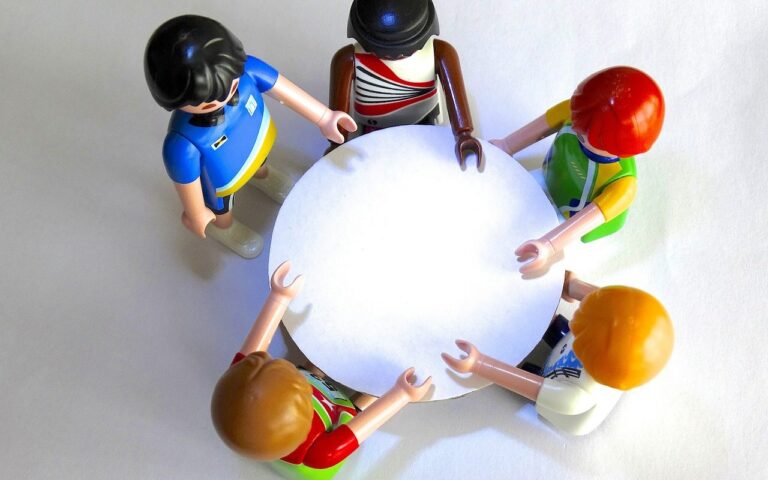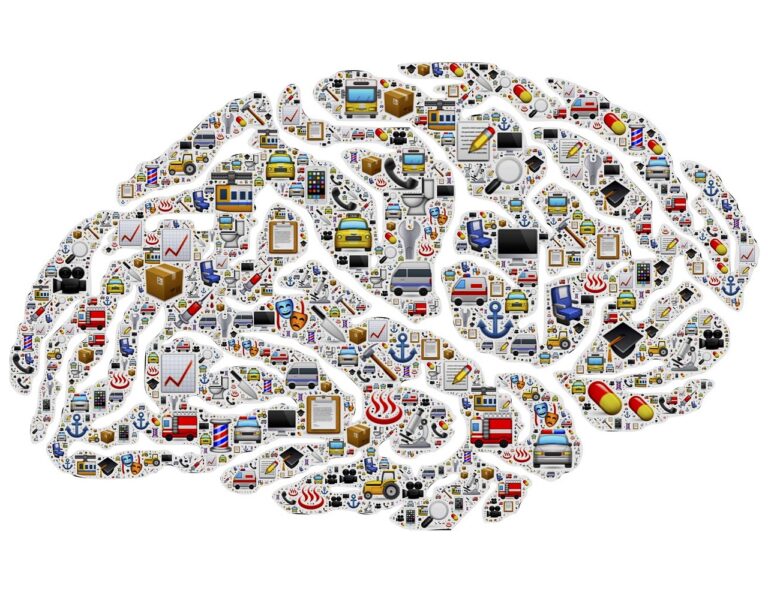Our world on social media is characterized by constant comparison to the lives of others. But what you see is sometimes a distorted view of reality.
The world has changed since the birth of Facebook, Snapchat, Instagram and other social media services. Many individuals look to these services to connect with others and fail to realize that simultaneously they disconnect with themselves. People compare their worth to others on social media with the assumption that these people are living better lives. My patients say, “They look so happy!” This comment lends itself to an important question. Do you honestly believe that most people would post pictures of themselves crying or videos of their family arguing? Probably not. People frequently portray an image of their life that is socially enviable or more exciting than the life they actually live. It’s important that you take information from social media at face value.
For some people, scanning social media posts daily is simply a distraction. But for others it can have an appreciable influence on their well-being. Be sensitive to whether, or to what extent, social media is beneficial in your life. It may not be practical to disconnect from social media entirely, but if your social networks are causing you to feel negative emotions, or if checking them has turned from a healthy habit into a compulsion, it’s time to take a break.
The effect social media has on children may be even more concerning than the effect it has on adults. Children are already searching for their identity and are constantly questioning themselves. Being fixated on an idealized self to portray to society may hinder their path to finding their true self. Setting limits and boundaries on a child’s social media use and being aware of their online activities is critical.
Social media is part of our lives, and it’s not going anywhere. But realizing that you may be viewing another person’s distorted sense of reality and setting limits on your own and your child’s use of social media can prevent the negative emotions that may accompany these services.












